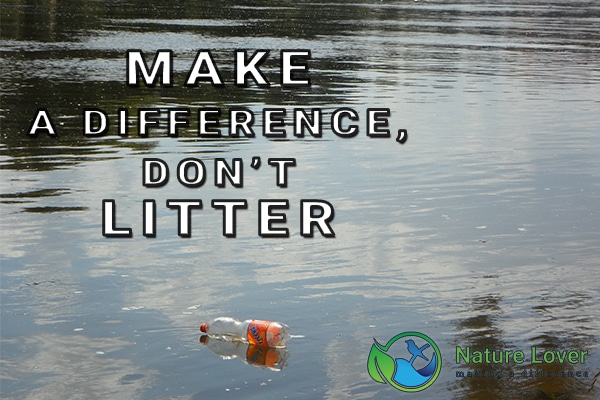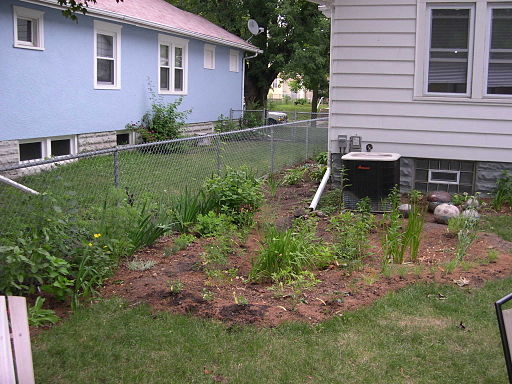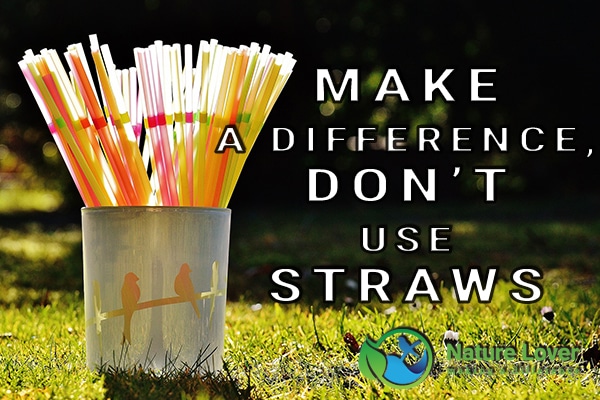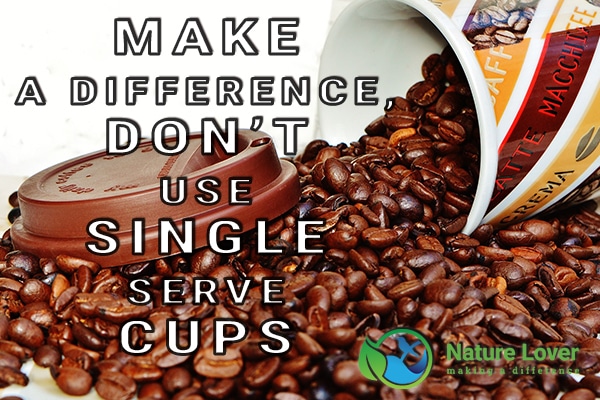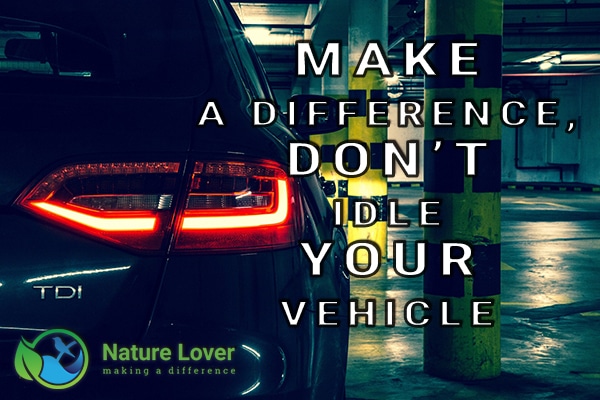When many people think about litter they think about what they see on the side of roads and in fields. They might think about children dropping candy wrappers on the ground but many never think about litter in our waterways. Litter is picked up off the ground when it rains and can be carried either directly to surrounding rivers, streams and lakes, or it can be taken there through the storm water systems. Chemicals from our lawns, driveways, businesses and streets get washed into those storm water systems and end up, untreated, in our water systems and beaches. All of this litter not only affects animals, fish and plants, it also affects humans.
Marine life can be poisoned, entangled or suffocated from debris and chemicals either by coming into direct contact with an object or when these chemicals decrease the oxygen levels in the water. These same conditions can close beaches and affect the quality of our drinking water. A large majority of the litter and chemicals that find their way into water do not break down easily, or ever. And eventually, most of this pollution will find its way to our oceans and continue to affect other marine life that is all part of our global food cycle.
This garbage also have an economic impact on fishing, tourism and leisure industries. Millions of dollars a year are spent by various organization and governments to collect and cleanup contaminated areas.
What Each Of Us Can Do To Help:
Do not pour chemicals, like oil or paint, into the gutters.
Use low phosphorous household cleaning products or use common ingredients to make your own non-toxic cleaning items: baking soda, vinegar, salt, lemon juice, vegetable oil, soap, borax, and hydrogen peroxide.
Build a rain garden to capture and filter water from your eaves and reduce run off.
Use reusable containers, mugs, water bottles and shopping bags instead of single use items.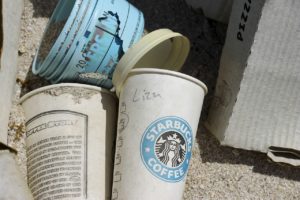
Minimize or eliminate your use of fertilizers and pesticides in your garden.
Mulch your flowerbeds to increase absorption and decrease run off.
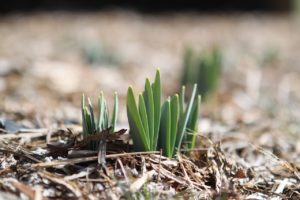
Wash your car on the lawn.
Don’t litter and if you see litter then pick it up.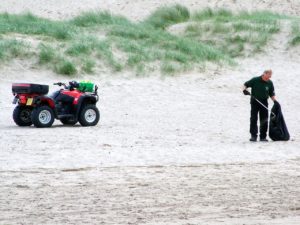
Educate your friends, families and colleagues.


